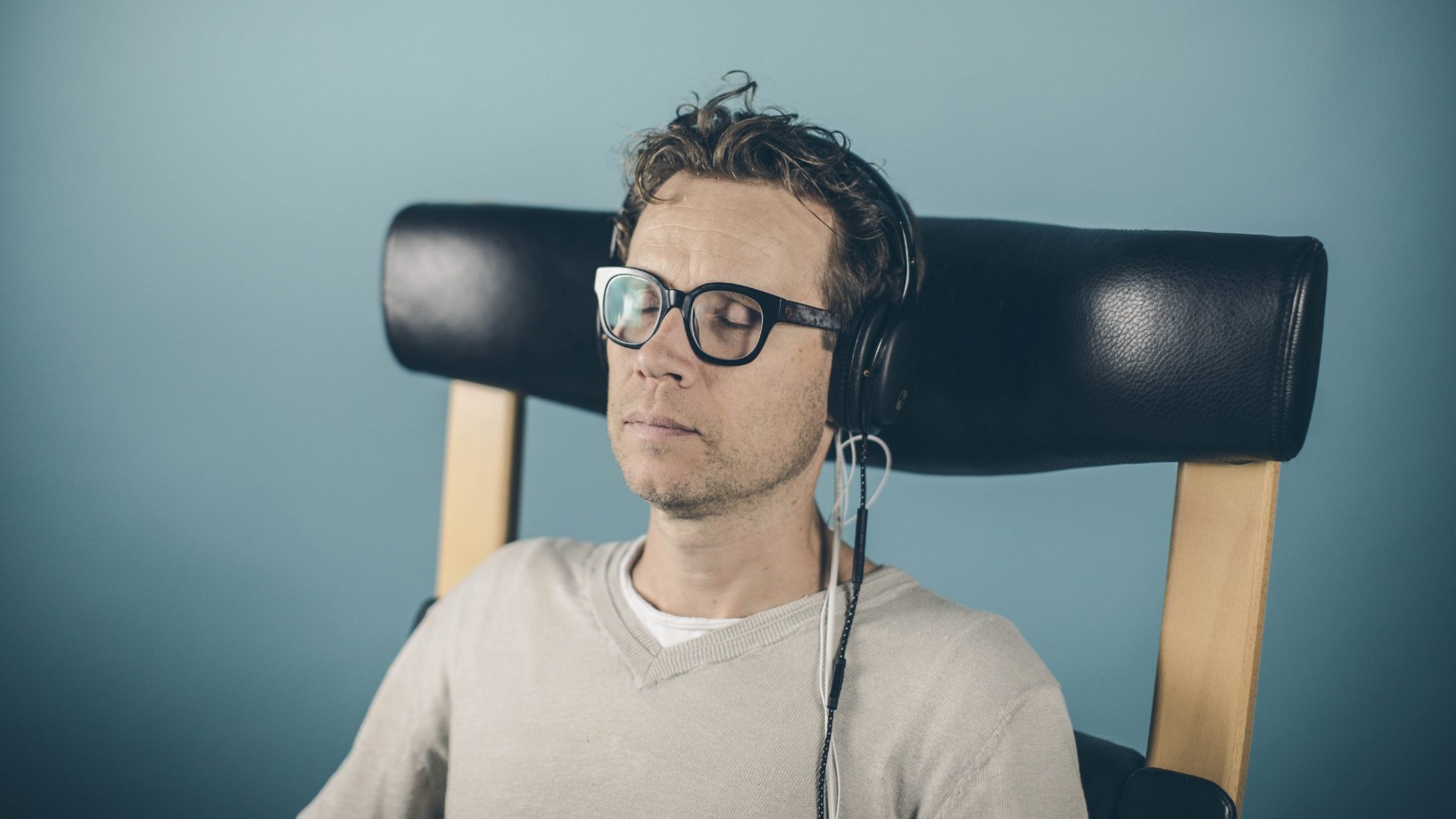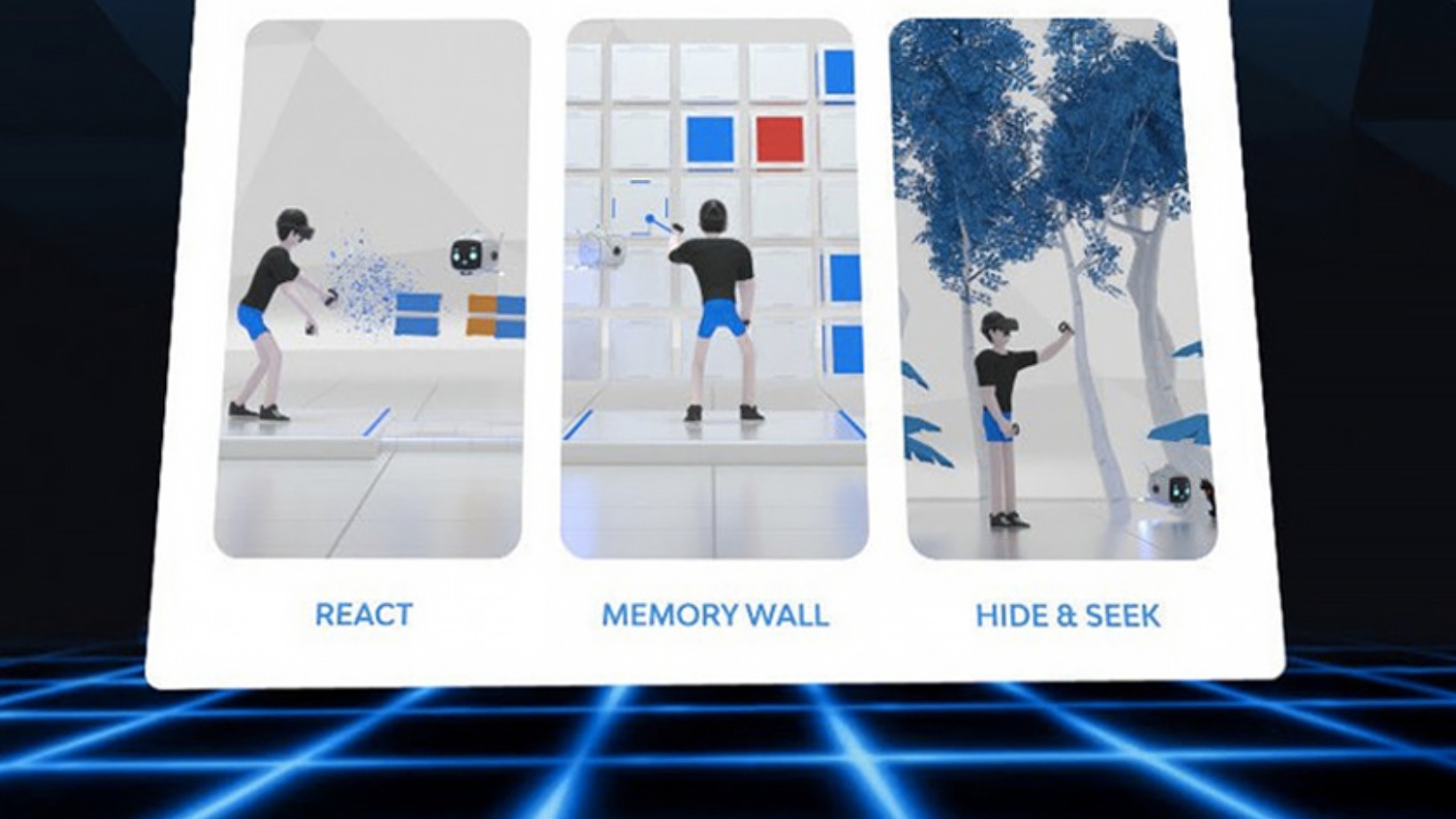Ten minutes of hard rock music from the eighties can make you fall asleep, true or false? It’s true. Bert-Jan Woertman had this peculiar experience some years back when he was testing a new pair of Philips headphones at the company’s research department in the Netherlands.
A former Philips/NXP HR manager at High Tech Campus in Eindhoven, Woertman worked at the Dutch electronics giant for eight years until 2006, when he decided to follow his personal entrepreneurial projects. Later, Wortman was going through the campus’ newsletter and saw an upcoming entrepreneurial competition in collaboration with Philips. The Dutch electronics giant was going to make available its neurofeedback technology – the same that had put Woertman to sleep eight years ago.
Woertman promptly put together a team comprising a doctor, an entrepreneur and an engineer. They were Jur Vellema, an orthopedic surgeon of more than 20 years; Han Dirkx, a creative artist and serial entrepreneur; and Johan Kortas, Action Line Leader at EIT Digital Health & Wellbeing in Europe.
“Everyone was excited,” Woertman tells Dutch media. “After three weeks, we had a business plan and Philips gave us permission to get started with their patent.”
That’s how AlphaBeats’ journey started nearly a year ago with the aim of deploying biofeedback technology to free the modern world from one of the greatest health threats of our century: stress. Their question: Why not do so by amplifying the relaxation effect of our favorite music?
Combining Philips’s audio neurofeedback technology, which Alphabeats has the global exclusive licensing rights to, with its proprietary AI algorithm, the startup developed an app that subtly guides the brain of a user toward alpha waves to increase the relaxation effects of any chosen piece of music.
Unlike beta waves, which are produced when a person is stressed, alpha waves are the dominant brain waves during relaxed states. The app, available in iOS and Android, is being tested by over 1,000 beta users.
“Although you probably can’t hear the difference, you will definitely feel it,” Dirkx, CEO of Alphabeats, says. “Using AI, our solution is three times more effective than simply listening to your favorite music.”
Hardware-free model
In December 2020, the startup won an undisclosed amount of seed funding from early-stage impact investment fund LUMO Labs through a two-year venture builder program that AlphaBeats will join this year. Through the support of LUMO Labs’ capital injection and venture building mentorship, the startup aims to validate its technology and gain global traction among such multi-million dollar targeted markets as the music streaming industry, the wearable device market and the mindfulness segment.
According to the company, stress is among the primary health concerns of modern society, with 325,000 related health apps currently available on the market. In 2018 alone, mobile health technologies received around $1.3bn of VC investment and accounted for a total of 32 M&A deals.
Alphabeats gauges stress levels by turning devices into biosensors. It does so by deploying a motion meter: the gyroscope that is included in most smartphones. When the phone is placed on the abdomen, it measures the user’s heartbeat and breathing to ascertain whether the body is under stress. It also integrates EEG biofeedback, or neurofeedback, technology to measure electrical activity in the brain and nervous system – so-called brainwaves.
The more users relax while listening, the more the relevance of the music and its fidelity increases. Ten minutes daily is enough daily usage for the algorithm to learn and adjust the music’s frequency to the user without the necessity for any specific set of headphones.
Vellema, Alphabeats’s Chief Medical Officer, explains: “You can just use your phone and headphones; which means we don't have to develop any hardware ourselves.”
From Covid upheaval
AlphaBeats learns by connecting biofeedback with AI. The algorithm finely tunes the quality of chosen music to unconsciously train the brain toward relaxing alpha sound waves that the user cannot perceive. “It is done very subtly to prevent users from being annoyed by the music changes,” Vellema says.
The AlphaBeats functionality, which has been scientifically proven by independent research at Tilburg University, showed that users’ ability to relax improves after the fourth week with just 10 minutes of daily usage.
AlphaBeats is not the only startup to use deep tech for mental stress relief but it is the only one to integrate it across most popular music providers and combine it with users’ favorite songs, producing the desired relaxing effect within the first 10 minutes of listening. The startup is now looking to sign partnerships with Spotify, Apple Music, and wearables such as Apple Watch and Fitbit to further expand user reach across verticals.
The startup’s greatest competitive advantage, however, has been founded on multiple ground-breaking technologies merged into a single mobile app. These technological achievements have been accomplished, thanks to key collaborations in the industry and with venture builder support. AlphaBeats has joined the HighTechXL’s deep-tech venture builder program, which pulls together deep tech startups, scale-ups and firms such as CERN, the European Space Agency and Philips in one startup hub.
According to Woertman, the High Tech Campus has also been crucial during the Covid situation in Europe. "This corporate network kept us going,” he says. In early 2020, AlphaBeats additionally signed a strategic partnership with an unnamed leading healthcare partner in Berlin. Woertman is convinced that the product became ready at exactly the right time. “Stress is an increasing social problem, especially during Covid."










